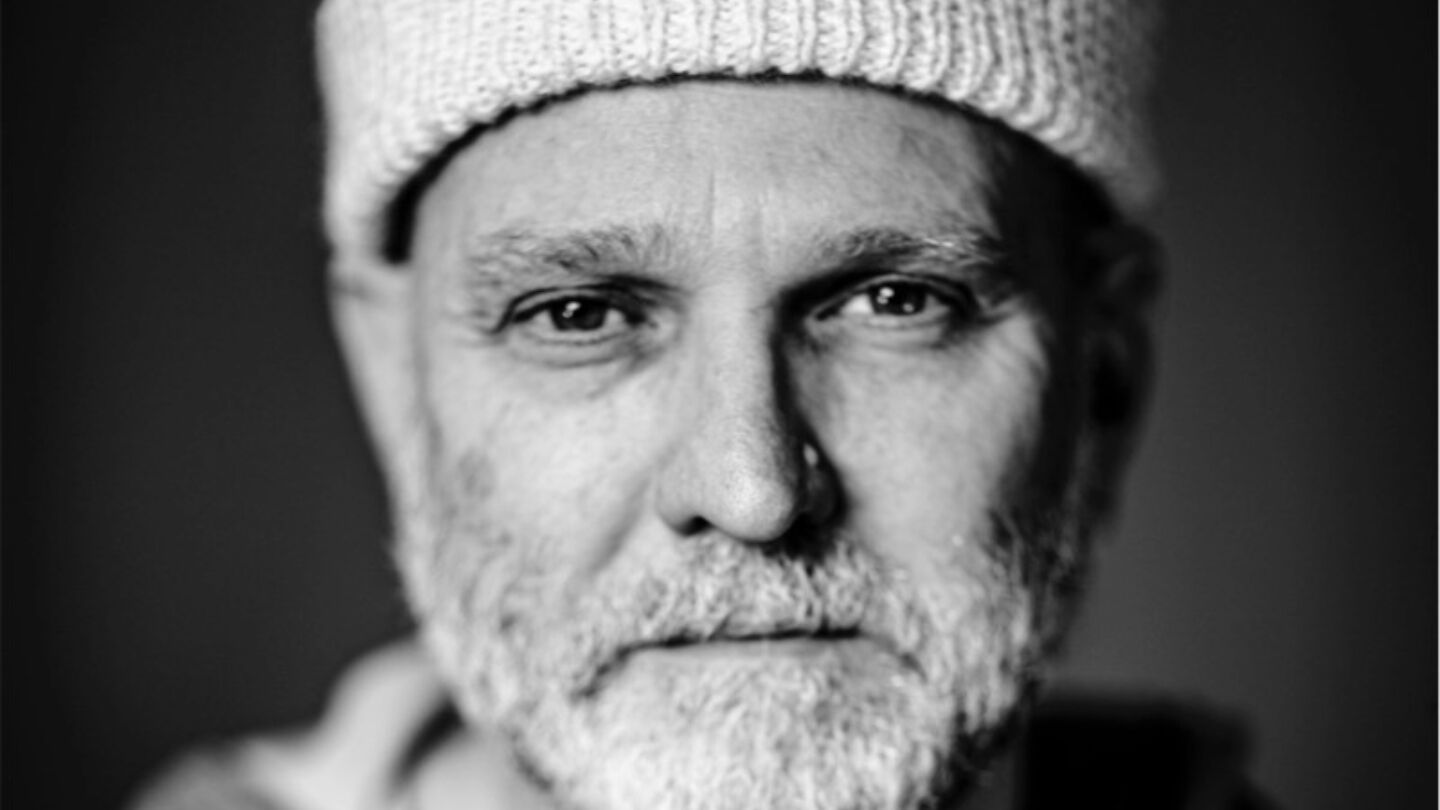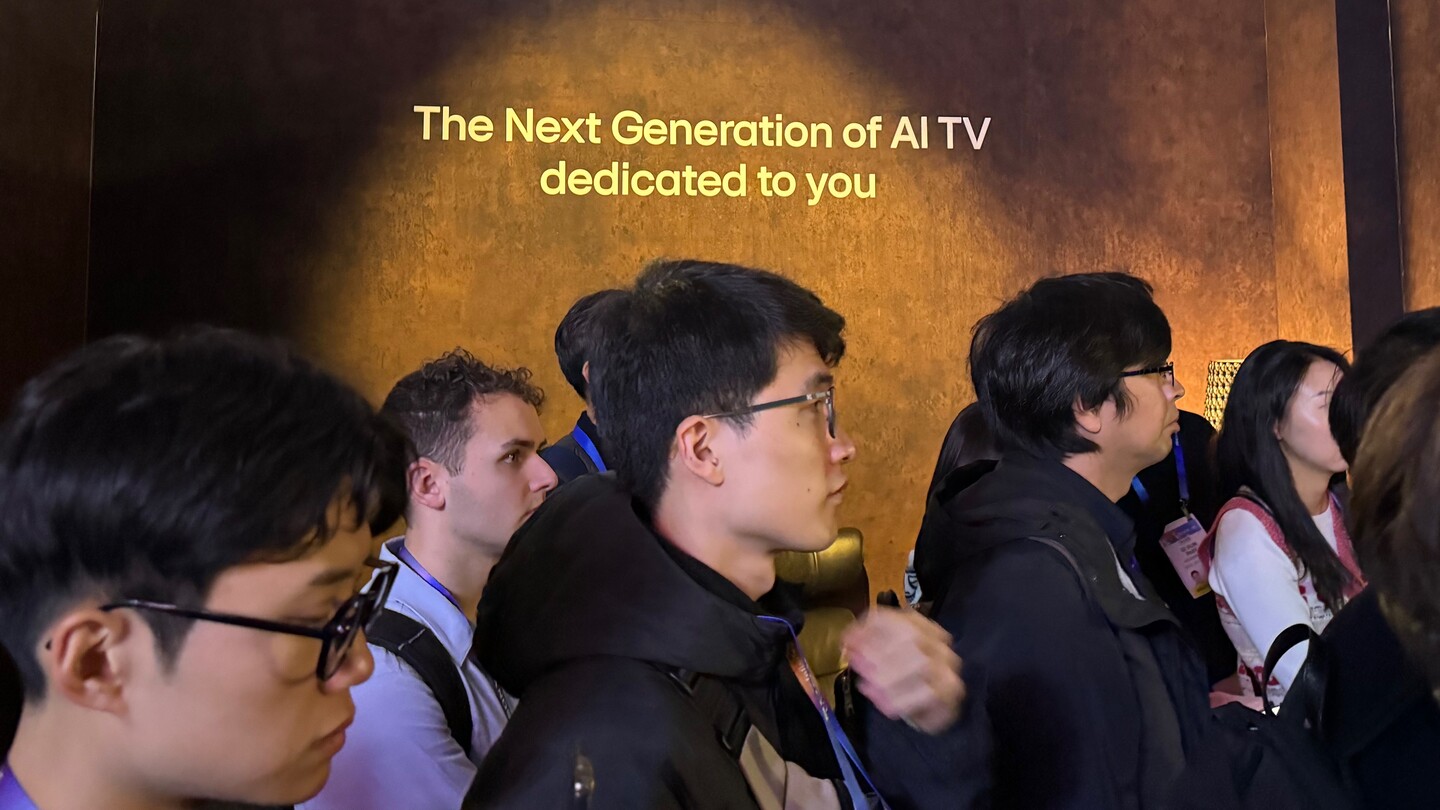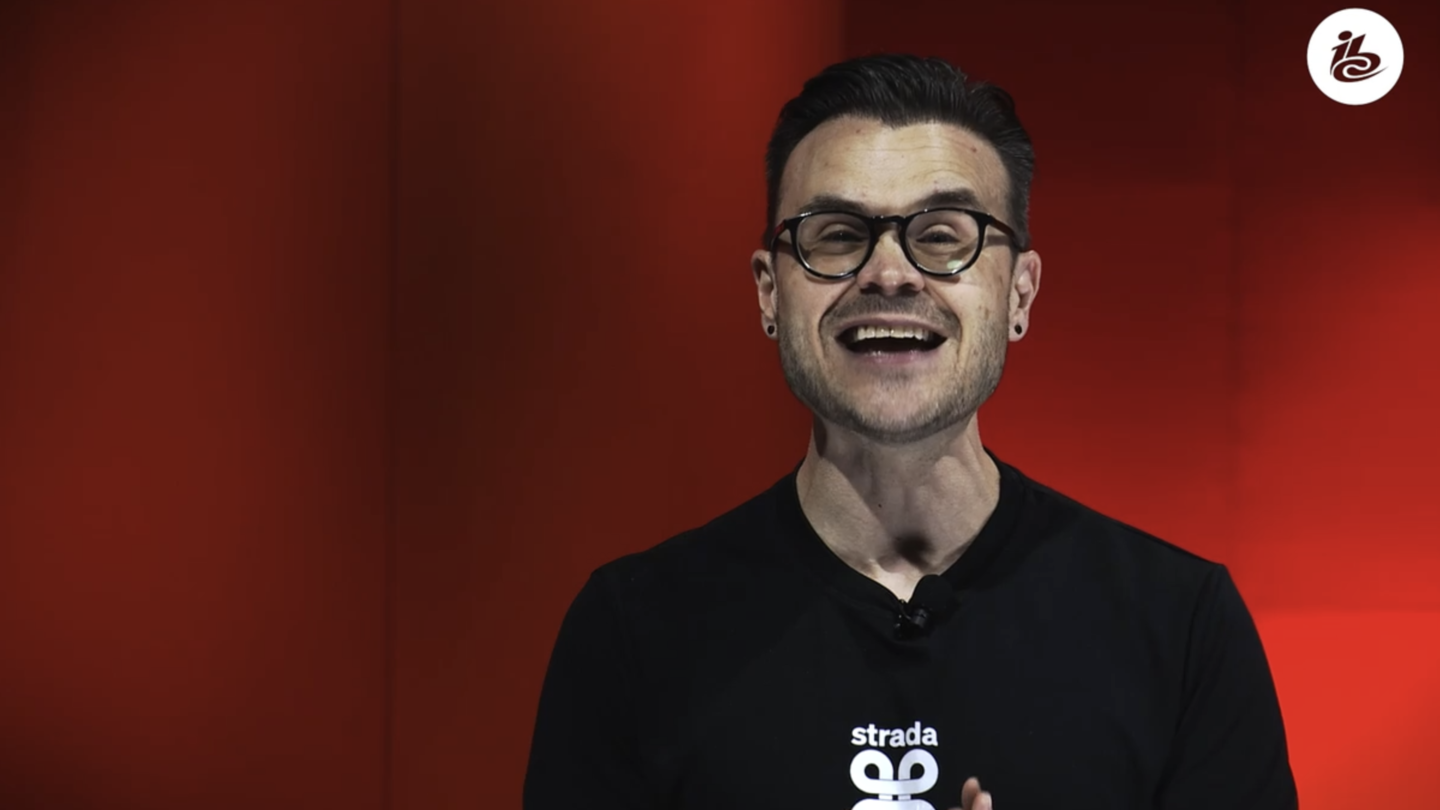BFE Studio und Medien Systeme Chief Technology Officer (CTO) Hartmut Opfermann explores how flexible and configurable broadcast control systems will revolutionise media workflows as the industry forays into increasingly complex cloud-native production environments.
The media and broadcast industry is in the midst of a major transition. While it has already seen the shift from serial digital interface (SDI) to IP-based standards such as the Society of Motion Picture and Television Engineers’ (SMPTE) System Timing (ST) 2110, the journey is far from over. What’s coming next – cloud-native production environments, software-defined infrastructures and increased virtualisation – will reshape how industry professionals think about technical systems, workflows, and operational roles.
You are not signed in
Only registered users can read the rest of this article.
.jpg)
Live video workflows: How IP and 5G are answering the call for low-latency contribution
As production teams seek more streamlined and scalable operations for outside broadcasts, Haivision’s Marcus Schioler considers the evolving role of IP and 5G for the secure, reliable and low-latency transfer of live content.

Virtual production is here: Lean into the learning curve
As VP stands on the cusp of revolutionising the industry, Rob Chandler, Founder of Starting Pixel, explains the importance of understanding the technology to harness its expansive potential.

Why AI in media needs a rethink: It’s not about generating more, it’s about governing better
Northell Finance and Marketing Director Alex Beardsall explores how the advantages of AI in the compliance arena far outweigh its application to creative endeavours when it comes to scaling content production with confidence.

Beyond the remote control: personalisation as business strategy
Tom Dvorak, Co-Founder and Chief Commercial Officer at XroadMedia, considers the evolution of AI-supported personalisation and its game-changing impact on the content discovery landscape.

Media's known unknowns: Why five key things we know make the future so uncertain
By outlining a handful of certainties in an otherwise turbulent market, Mark Harrison, Founder and Chief Content Officer at DPP, helps to identify the key questions that will shape the future of the M&E landscape.

.jpg)


